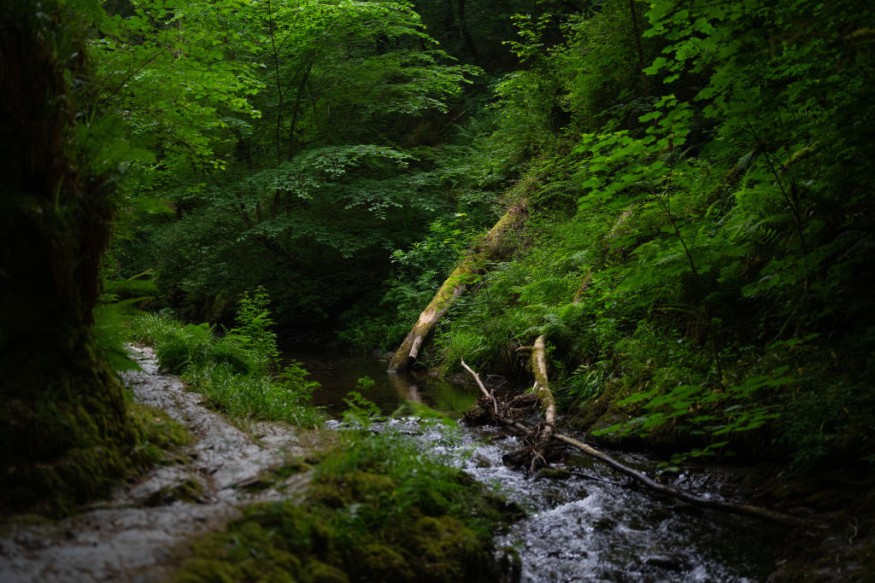The rare crystal moss is not something people can see. Recent reports showed it declined due to the impacts of habitat loss.
About 70,000 species of plants and animals thrive in the UK. However, wildlife has encountered the following problems:
- Habitat loss
- Changes in biodiversity
- Climate change
- Invasive non-native species emergence
As a result, protection and conservation efforts are essential to protect wildlife and biodiversity from the brink of extinction.
Habitat loss impacts rare crystal moss
The rare crystal moss, a small invertebrate, is an unusual species in the UK. Reports noted that it is a species of Bryozoans living in blow well in parts of Lincolnshire.
Bryozoans are known as microscopic aquatic invertebrates living in freshwater. Even though they are small, they can quickly reproduce. However, the growing concern about habitat loss has affected the said species of the rare crystal moss.
The rehabilitation project of Lincolnshire funding can help to develop significant breeding programs for the species, protecting their habitats from potential decline.
The initiative is one of the projects from the £14.5m funding. Repopulating the rare crystal moss can help the species to thrive, especially they live in blow wells.
Freshwater recovery in European countries

Researchers noted the urgent need to improve the recovery of river and freshwater biodiversity in Europe. Protecting and rehabilitating freshwater ecosystems are essential because they are home to many species.
Reports showed that freshwater suffered from climate change and water pollution, which could make the recovery challenging.
The human-induced pollution could likely worsen the problems in freshwater in 22 European countries. Experts emphasized the urgent efforts to save from possible biodiversity loss.
Rapid sea level impacts on coastal ecosystems
Coastal habitats are vital to wildlife and communities. It helps to mitigate climate change and protect cities from disastrous flooding. For people in coastal areas, it provides jobs and food sources.
For instance, Mangroves can help improve the water quality in the regional area. Small fishes and other land animals depend on mangroves for protection and habitats.
According to a report in Nature, researchers studied the glacial period 10,000, including the impacts on coastal habitats. They looked into the areas that suffered from rapid sea level problems.
Rapid rising sea levels could harm coastal ecosystems, such as marshes and mangroves.
The increasing temperatures can likely affect the glaciers, causing unprecedented sea level rise globally.
Mitigation and protection plans
Habitat loss is one of the significant problems in ecosystems. The increasing deforestation and frequent extreme weather events have caused environmental changes.
Human-induced activities can also worsen the problem of habitat loss. Without conservation efforts, many species are likely to suffer or reach the brink of extinction.
As a result, developing protection programs can mitigate the species' population decline. Collaborating with local communities, NGOs, experts and government agencies can save species.
Related Article : Fresh Water Biodiversity Recovery in Europe Requires More Effort to Save Vital Ecosystems, Study Shows
For more similar stories, don't forget to follow Nature World News.
© 2025 NatureWorldNews.com All rights reserved. Do not reproduce without permission.




